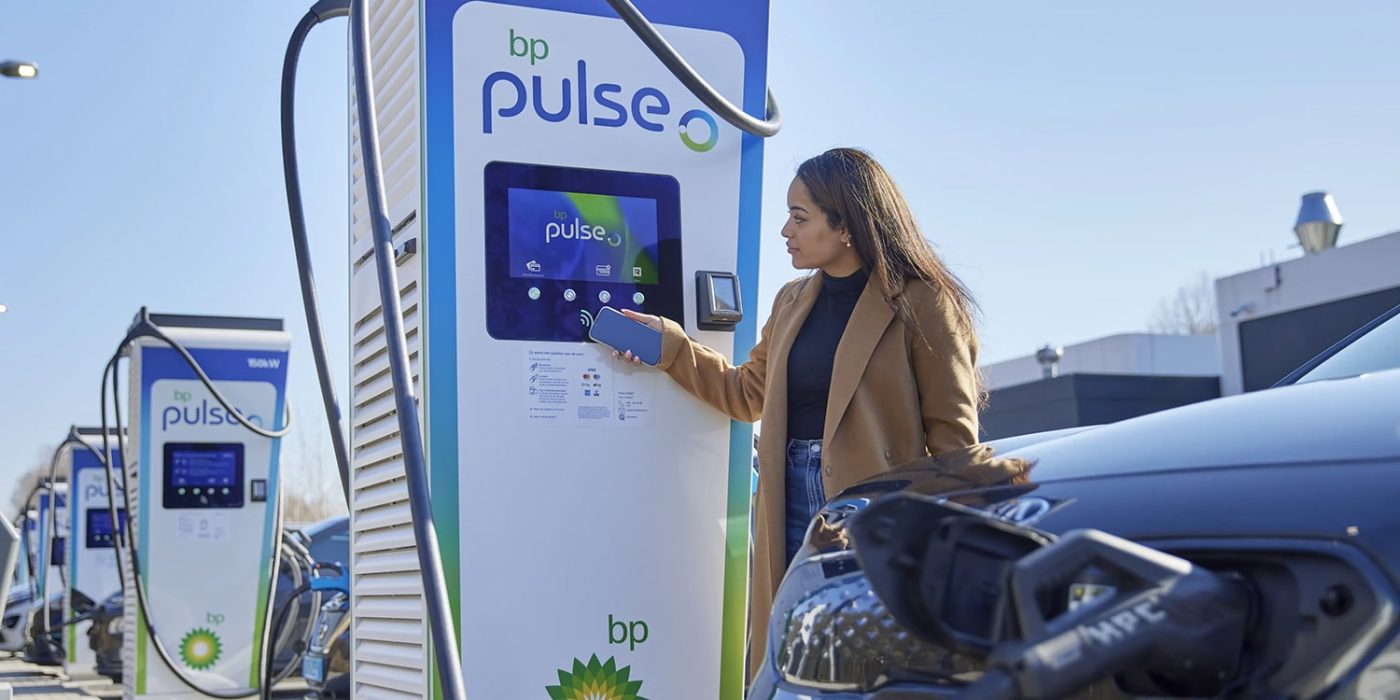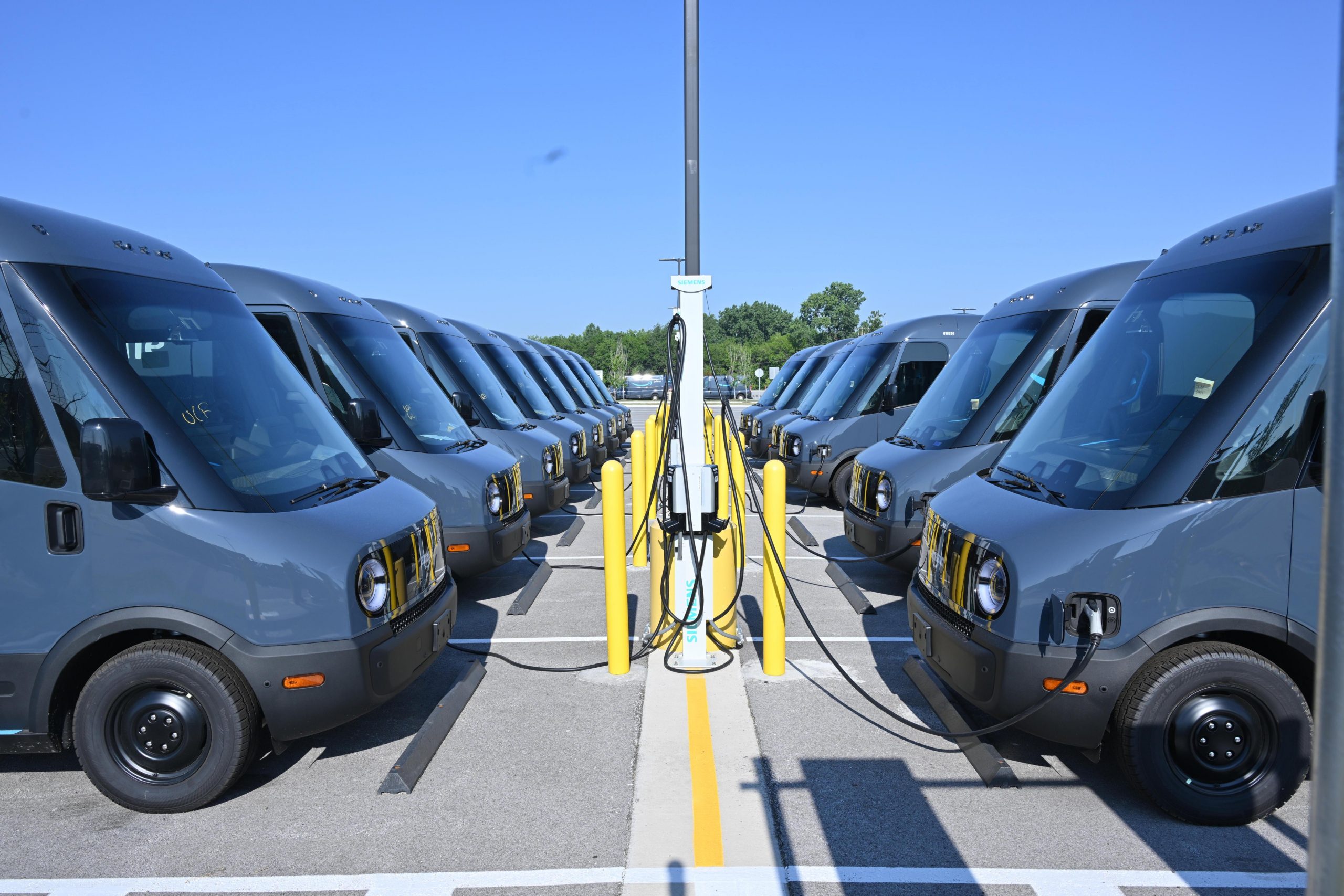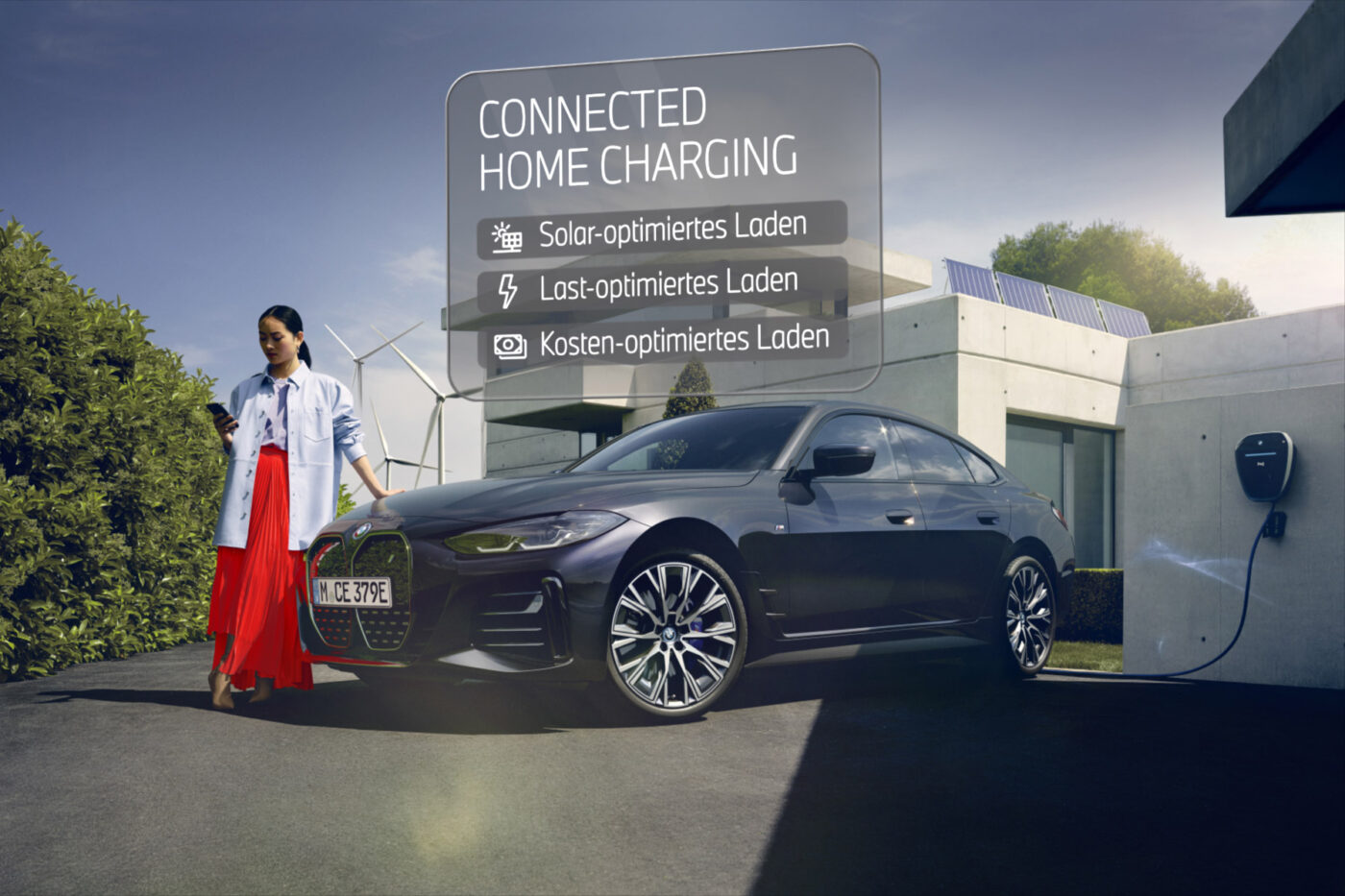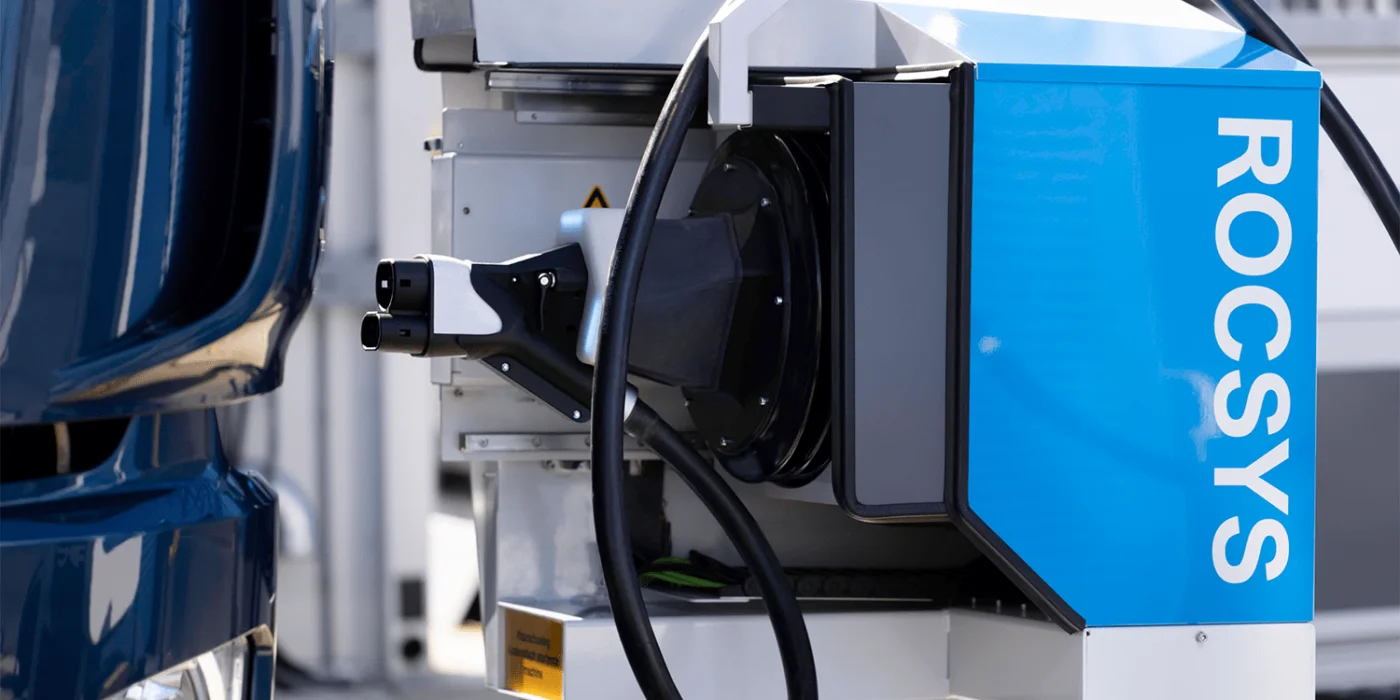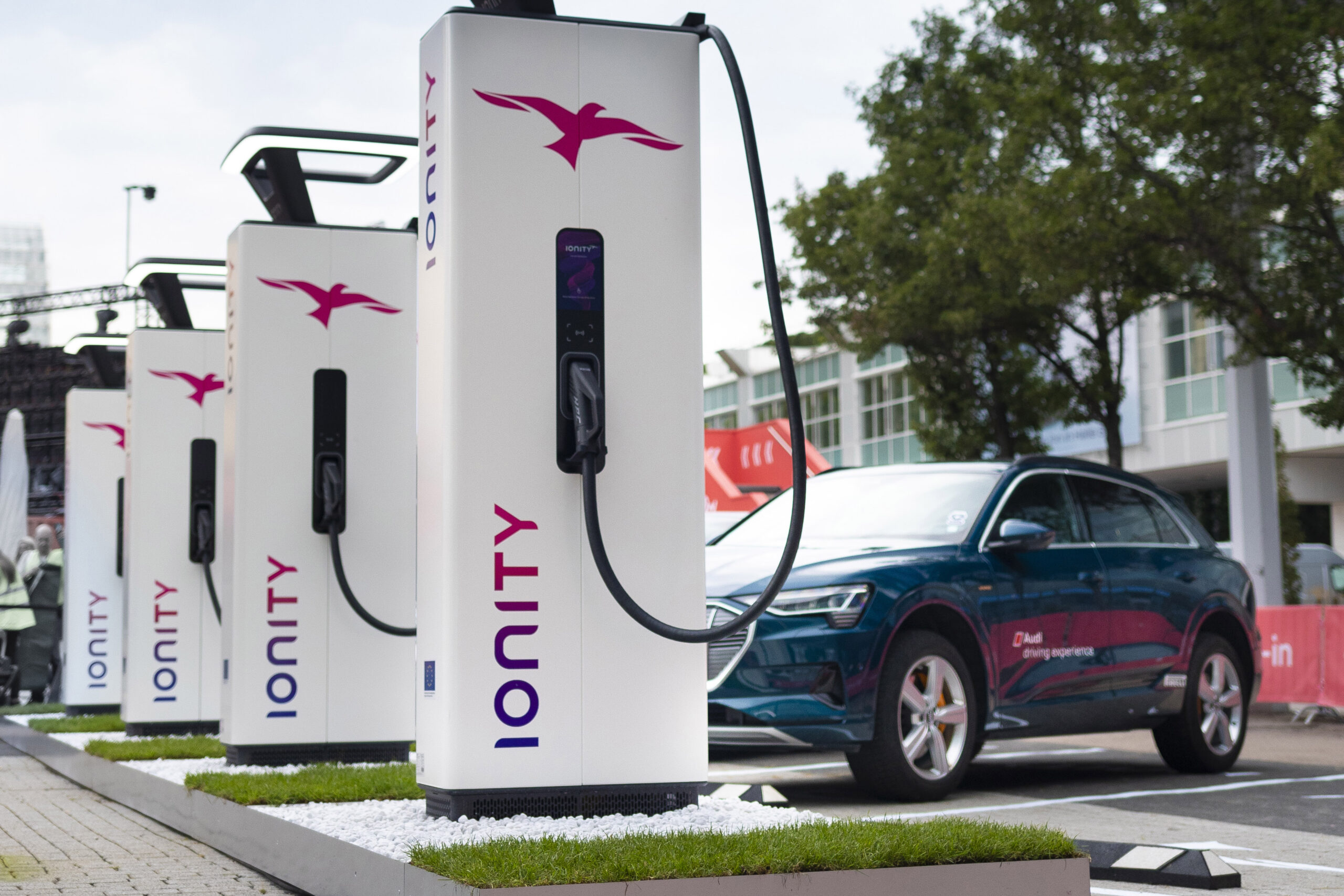BP, the global oil and gas giant, is restructuring its electric vehicle (EV) charging business, BP Pulse, and scaling back its presence in several markets after its ambitious plans for rapid growth in commercial EV fleets did not materialize as expected, according to company sources.
In a bid to address investor concerns over its transition from traditional fossil fuels to green energy, BP CEO Murray Auchincloss is overseeing significant changes at BP Pulse. The company has exited eight of the 12 countries it operated in, focusing its efforts on the United States, Britain, Germany, and China, where it anticipates the fastest growth in the EV market.
As part of the restructuring, BP Pulse has cut over 100 jobs from its global workforce of 900, with many employees being reassigned to other divisions. However, only a few employees are expected to leave the company, according to Reuters sources.
Despite the workforce reductions, BP remains committed to its EV ambitions, aiming to have 100,000 charging points globally by 2030, up from over 29,000 at the end of last year. The company views the recent changes as a strategic step towards executing its goals more effectively.
BP initially anticipated a rapid transition of commercial car fleets to EVs, but this trend did not materialize as expected, partly due to governments easing mandates for EV adoption, Auchincloss stated in February. “We thought fleets would move first. But given recessionary pressures and some relief from governments, fleets have slowed down,” he explained.
Despite these challenges, BP remains optimistic about the potential of its EV charging and convenience store businesses, expecting them to generate $1.5 billion in revenue by 2025. In 2022, BP Pulse announced investments of up to £1 billion in the UK’s EV charging infrastructure and up to €100 million in Germany’s EV charging infrastructure by 2030. Additionally, in January last year, BP launched Europe’s first truck charging corridor in Germany, enabling electric trucks to cover more than 455 miles across multiple routes in the country.

